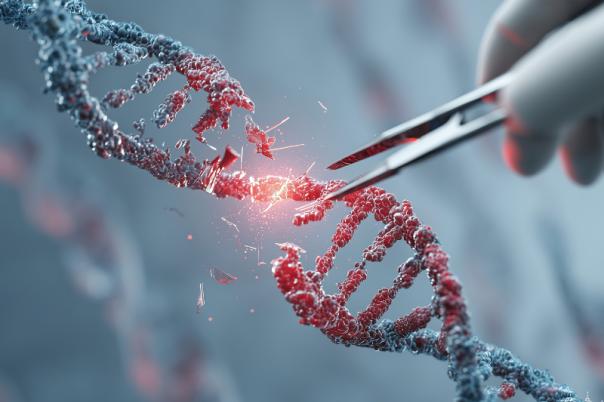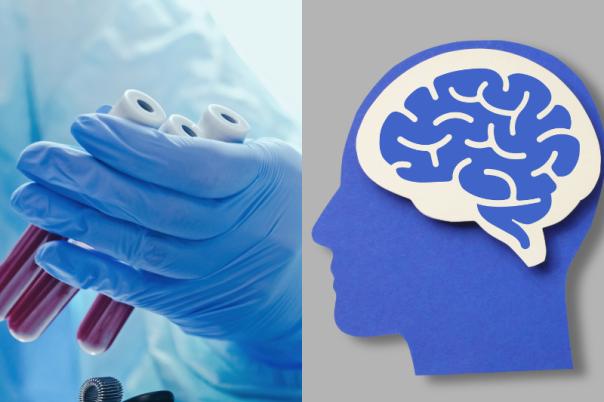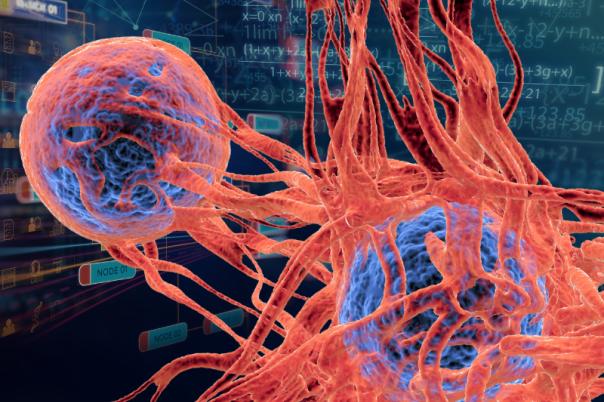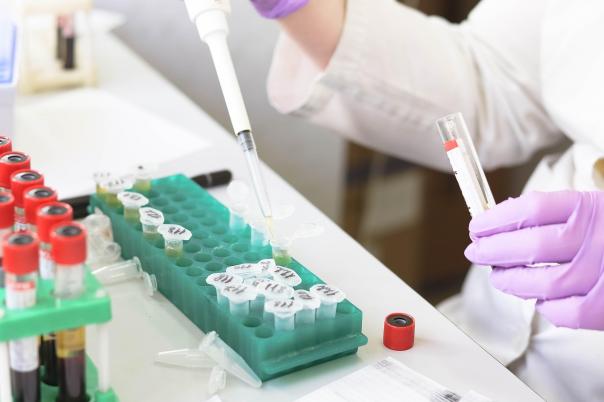When scientists think about proteomics, they picture mass spectrometry but in reality, affinity proteomics involves using affinity reagents to measure thousands of proteins. The development of technologies like ELISA has paved the way for microarrays and multiplex bead arrays to measure thousands of proteins. Claudia Fredolini, the Co-Director Clinical Proteomics & Immunology Platform at SciLifeLab, outlined the company’s comprehensive technology portfolio of mass spectrometry and affinity proteomic methods.
Affinity assays can study proteins in depth and are well suited to measure proteins in body fluids, where mass spectrometry can encounter limitations. The Affinity Proteomics unit in Stockholm is equipped with several assays such as quantitative and sensitive immunoassays that can measure panels of biomarkers, moving towards clinical application and validation of biomarkers.
To encourage a more personalised approach to treatment, it is key to choose a specific treatment for each patient based on their clinical characteristics, this requires stratifying patients. Non-invasive biomarkers assist in non-invasive screening in the population, supporting clinical decisions in clinical chemistry, Fredolini explained that SciLifeLab aims to support biomarker research for both discovery and validation through collaborative methods, she outlined several case studies.
One study involved collaborating with Davide Vetrano at the Karolinska Institute to identify biomarkers and evaluate how they behave in individuals affected by comorbidity. The team analysed over 2000 samples from participants in the Swedish National Study on Ageing and Care. Analysing Alzheimer's biomarkers in individuals while they were dementia-free showed that these biomarkers were of low abundance. The sensitive multiples technology supported the team in identifying links between the levels of Alzheimer's biomarkers and cardiovascular risk factors. Fredolini stated: “It is important to identify these factors and understand how biomarker levels can change depending on comorbidity so that these biomarkers can be correctly implemented in clinical practice.”
Another study conducted in Madrid focused on the microbiome as a target for precision medicine in atherosclerosis. The goal was to investigate immunoregulation in individuals affected by acute coronary syndrome and its association with variations in the gut microbiome. During acute coronary syndrome, it is possible to observe profiles of both microbiome and systemic inflammation. The team identified persistent inflammation in 1/3 of patients, linked to plaque vulnerability and increased ischemic risk.
Micro-sampling simplifies sample collection by introducing portable devices that individuals can use at home. This method is less invasive and more convenient for patients since they don’t need to arrange a hospital visit. The Capitainer card is a type of micro-sampling developed by SciLifeLab to measure proteins in dried blood spots. Fredolini and her team decided to test the feasibility of these cards during the COVID-19 pandemic by asking the population in Stockholm to collect samples. They aimed to measure the biomarkers in individuals without severe symptoms and investigate the long-term impact of the disease. Results showed that mild COVID-19 cases showed biomarkers previously associated with severe disease (e.g., MDL-2).
Overall, this patient-centric approach shows the potential of minimally invasive and patient-friendly technology in advancing precision medicine. Affinity proteomics is highly diverse as it supports biomarker discovery, validation, and clinical application.




